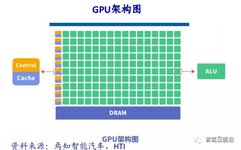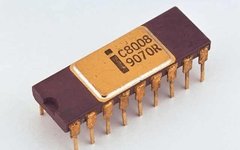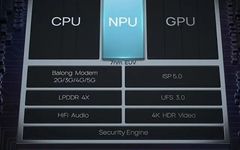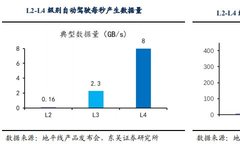In-Depth Understanding of GPU, FPGA, and ASIC
Artificial intelligence consists of three elements: algorithms, computation, and data. Algorithms are the core of AI implementation, while computation and data serve as the foundation. In terms of algorithms, they can mainly be divided into engineering methods and simulation methods. The engineering method employs traditional programming techniques to improve algorithm performance using extensive data processing … Read more







